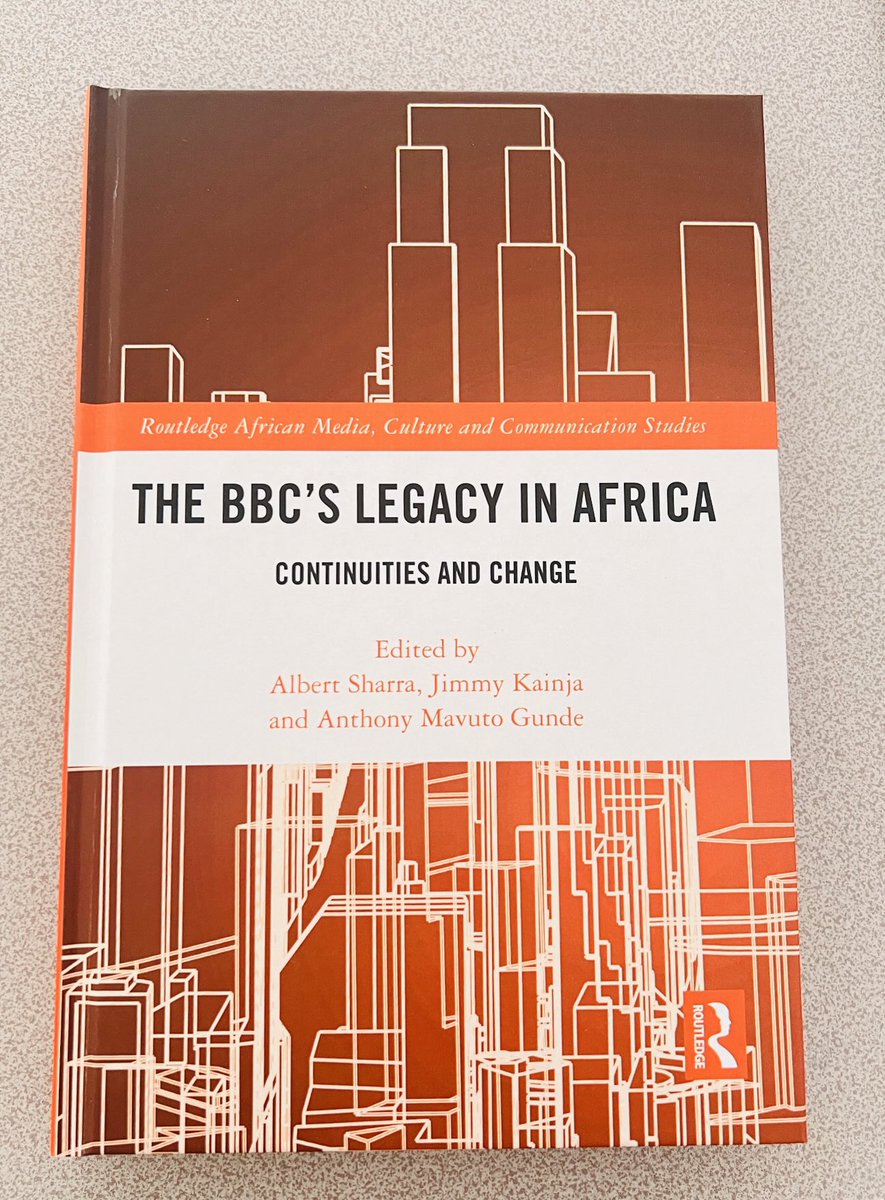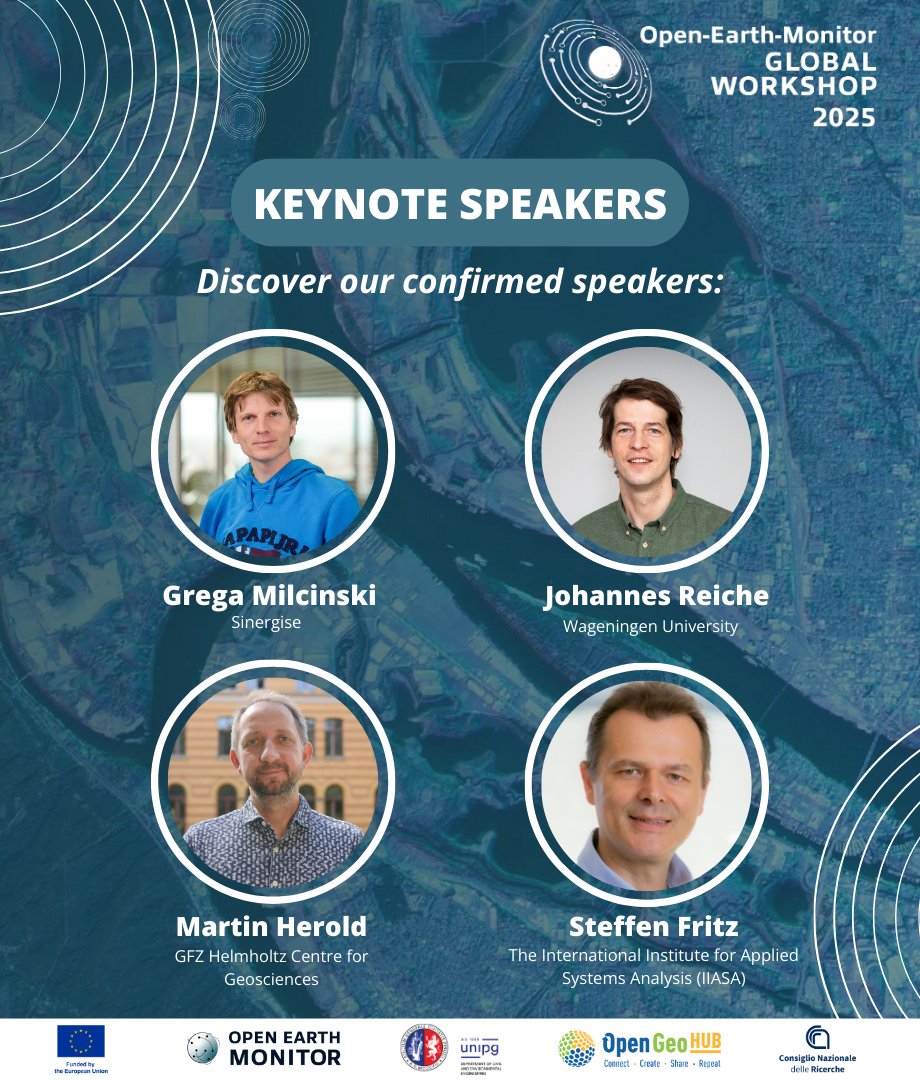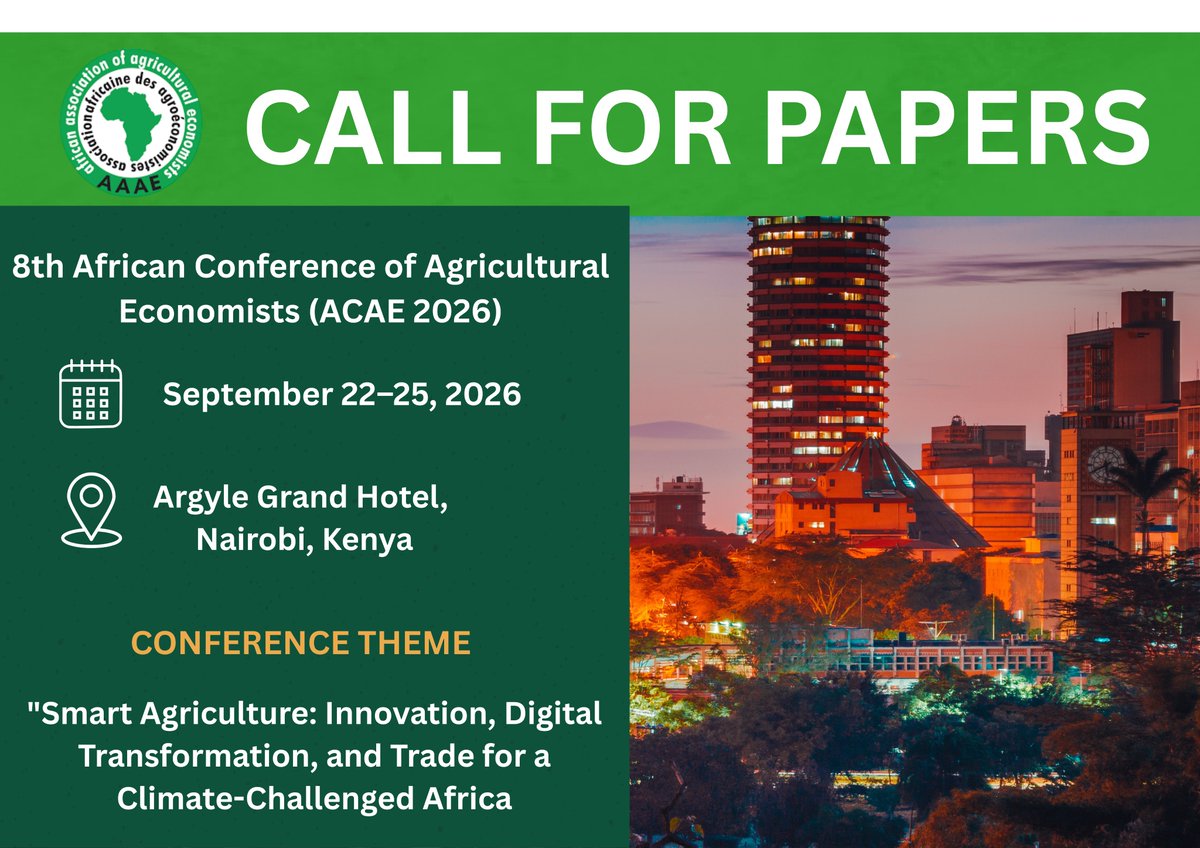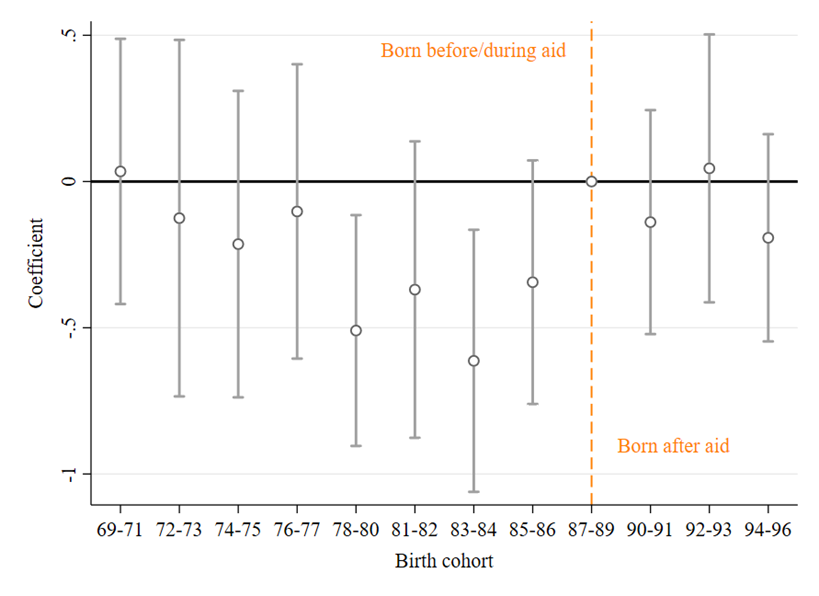
Edwin Kenamu
@edwinkenamu
🇲🇼• PhD candidate • Studying agricultural economics @uniGoettingen • Retweet != approval
ID: 465446697
https://sites.google.com/view/edwinkenamu 16-01-2012 10:56:01
1,1K Tweet
552 Followers
598 Following








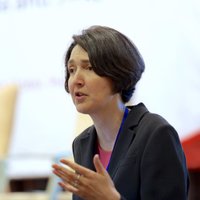
Leonard Wantchekon Jishnu says most common question he gets at conferences from students is not "how can I work on questions that are relevant and important to LMICs" but "will this question get me a paper in QJE or other top journal"
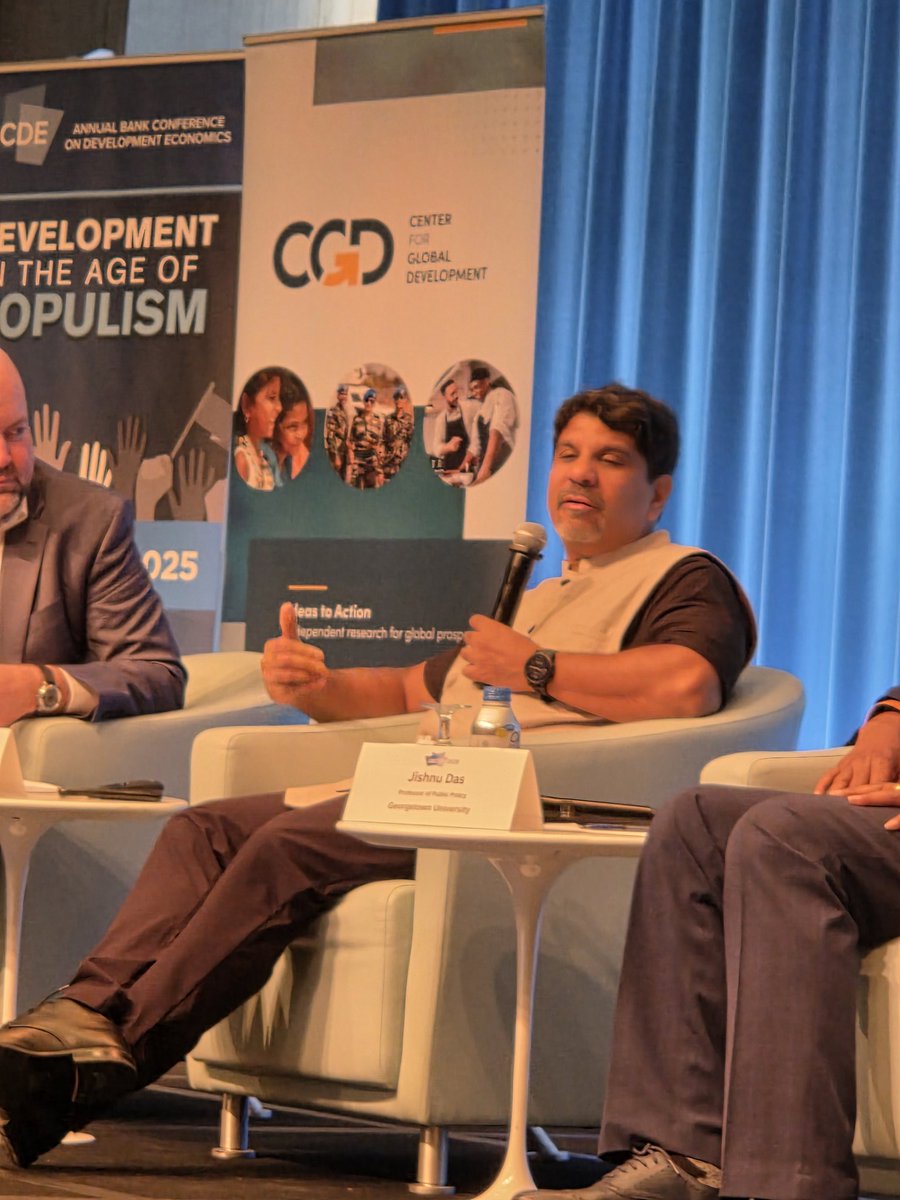

🚨 Applications now open for the AERC– World Bank Visiting Scholars Programme! 🌍📚 Are you an AERC researcher working on Africa’s development? Apply for a 4–6 month research fellowship at the World Bank. Deadline: Sept 1, 2025 Apply now: bit.ly/3H88Nyy #WeAreAERC







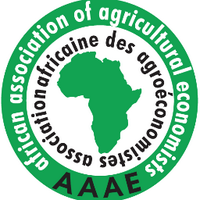


Finally out, released today!!!🔥🔥 Ready 4 talks. Wits Politics Wits Centre for Journalism CAS Edinburgh University of Malawi (UNIMA) AfricanStudiesCentre KAS Media Africa BBC News Africa African Studies Association AfricanStudiesUK taylorfrancis.com/books/edit/10.…
